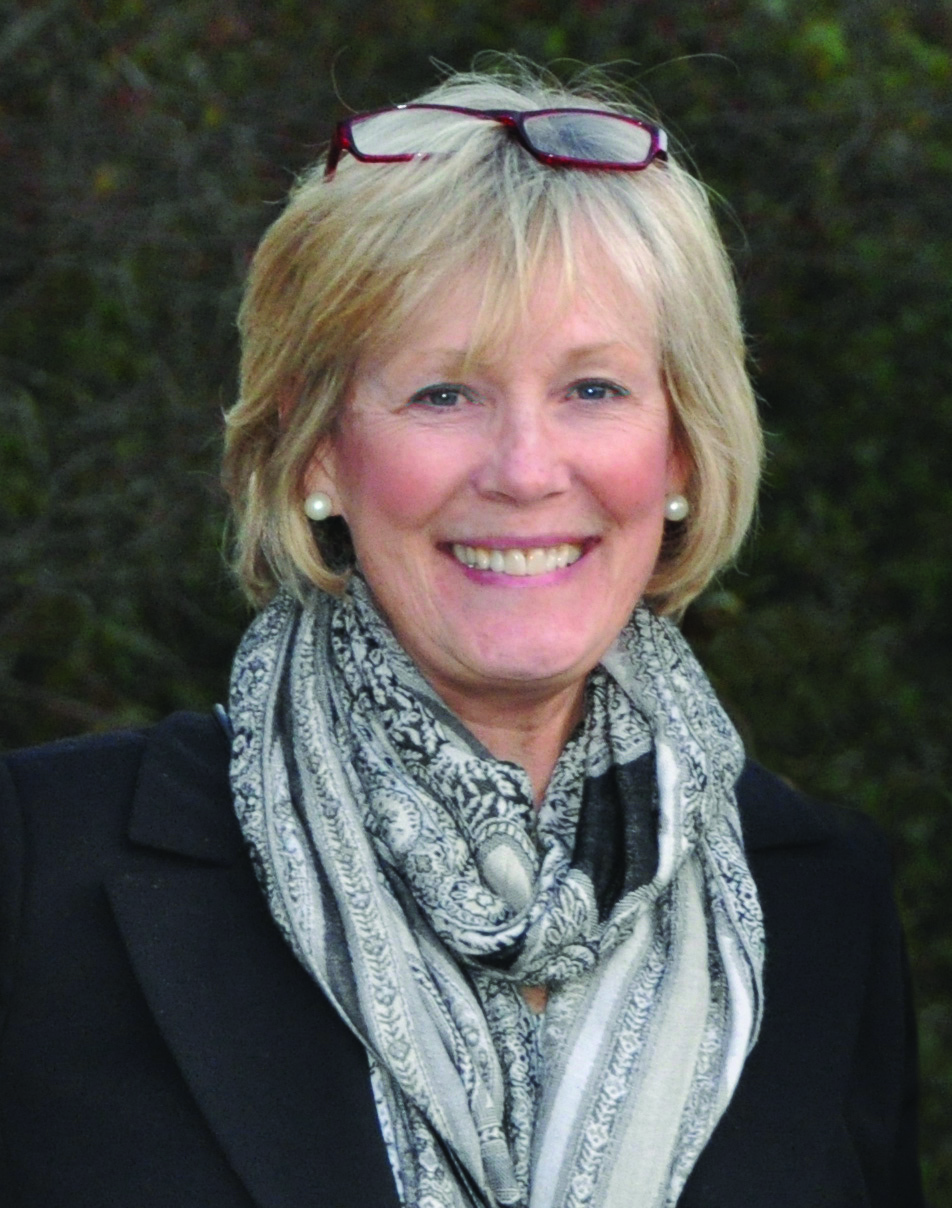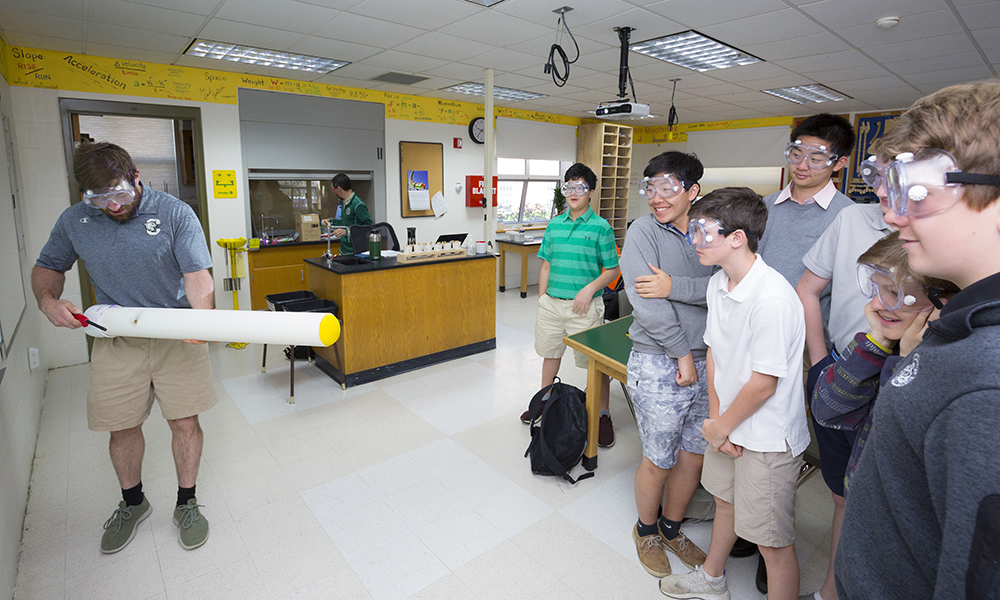 Leading by Example:
Leading by Example:
“It Isn’t Charity; It’s Philanthropy”
“It really comes down to having our family agree that this is what we should do,” says Barbara O’Connell P’03, reflecting on the foundation she and her husband Frank formed last year with their children. “Every year they get to choose two organizations that they want to give to, and they’re taking the responsibility for that charitable giving. But to be clear, it isn’t charity; it’s philanthropy. There’s a mindset there that we’re trying to establish with our children and that’s why giving has become a priority for all of us. This is something I want them to think about throughout the year.”
Over two decades ago, Cardigan was one of the first stepping stones for establishing that mindset in her son Mack ’03.
Barbara and her family first learned about Cardigan shortly after they moved to Woodstock, VT, and needed to find a school for Mack. They had visited other junior boarding schools, but none had been a good match for him. “Our educational consultant told us about Cardigan; I didn’t even know the school was there,” remembers Barbara. “When we visited Cardigan, it was so exhilarating. The enthusiasm of those boys running into the dining hall, and then stopping and being quiet and having a meal together. Mack was enamored. I can’t say what it was, but for him it was the place where he felt like he needed to be; it spoke to him, and quite honestly, it spoke to me as well later when they asked me to join the board.”
Mack was at Cardigan for three years, competing on the varsity football, lacrosse, and wrestling teams in his eighth- and ninth-grade years. He thrived academically, was inducted into the National Junior Honor Society in his eighth-grade year, and honored with the Most Outstanding Underclassmen Award in eighth grade. He was the School Leader in his ninth-grade year, earning both the Pannaci Memorial Award and the Caldwell Prize at Commencement. “Cardigan changed how he approached learning and problem solving,” says Barbara, “but the most discernible thing to me was that he became more compassionate. He befriended all sorts of people; he embraced the kid that was going to fall through the cracks, either because they were shy or struggling, or whatever. My involvement with Cardigan was easy because it gave him so much.”
During Mack’s senior year, when Barbara was asked to join the Cardigan Board of Trustees, she did not hesitate to say yes, and for 20 years she gave generously in countless ways. She served on numerous board committees—a member of the Admissions and Marketing Committee, co-vice chair of the Campaign Committee, a member of the Real Estate Committee, vice chair of the School Life Committee and the Strategic Planning Committee, and a trustee liaison to the Auction Team. She and her husband Frank hosted several events for the School, in addition to attending many more up and down the eastern seaboard—literally from Maine to Florida.
“I enjoyed doing outside events; I enjoyed meeting with parents and staff at Cardigan,” says Barbara. “Most of all I formed lasting friendships with other board members, people just like me who found the time to give to Cardigan. The Cardigan experience for me became a mushroom. It just kept getting bigger and bigger and more satisfying, and I felt like I was making a difference. I never thought of myself as a fundraiser; I never thought I was good at it. But then I used to think, well, maybe this isn’t so much about the amount of money that you raise, but about the influence that you have on others that might result in someone feeling generous about their giving. The time has flown by and I’ve seen so many positive changes with the physical plant and leadership, with Chris Day and the board chairs.”
Even as Barbara has stepped down from serving on Cardigan’s board, she has continued to lead by example—encouraging her children to give generously but also including Cardigan in her estate plans.
“There’s a lot of really good boarding schools,” says Barbara. “Cardigan is just one of them, but they have a formula that just works. People who’ve gone to this School have benefited in so many ways—some at different levels than others—but you cannot tell me that there is not a Cardigan boy who went through those doors who came out a different person. You mention Cardigan to me, and I smile.”
